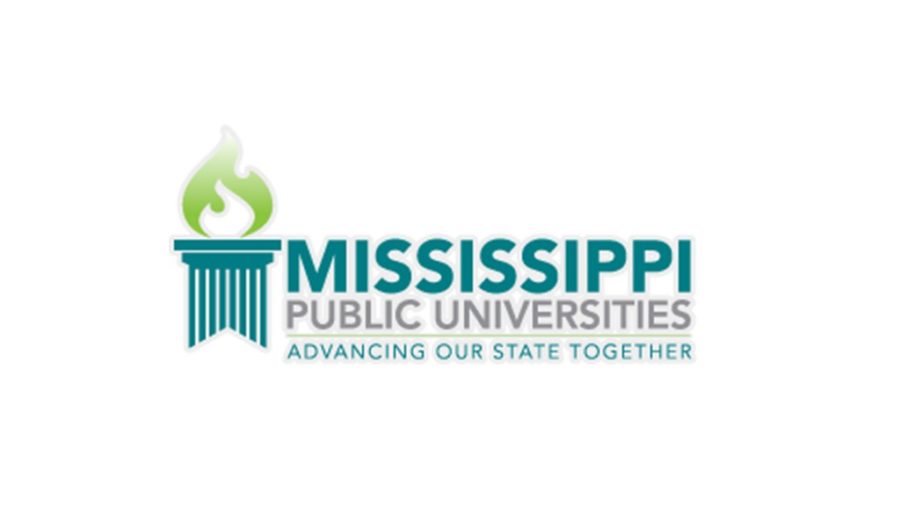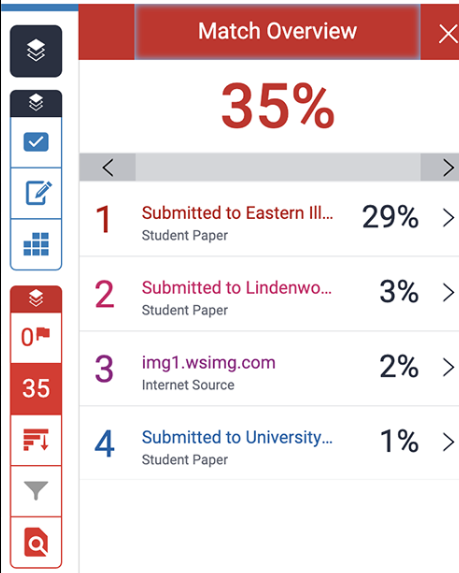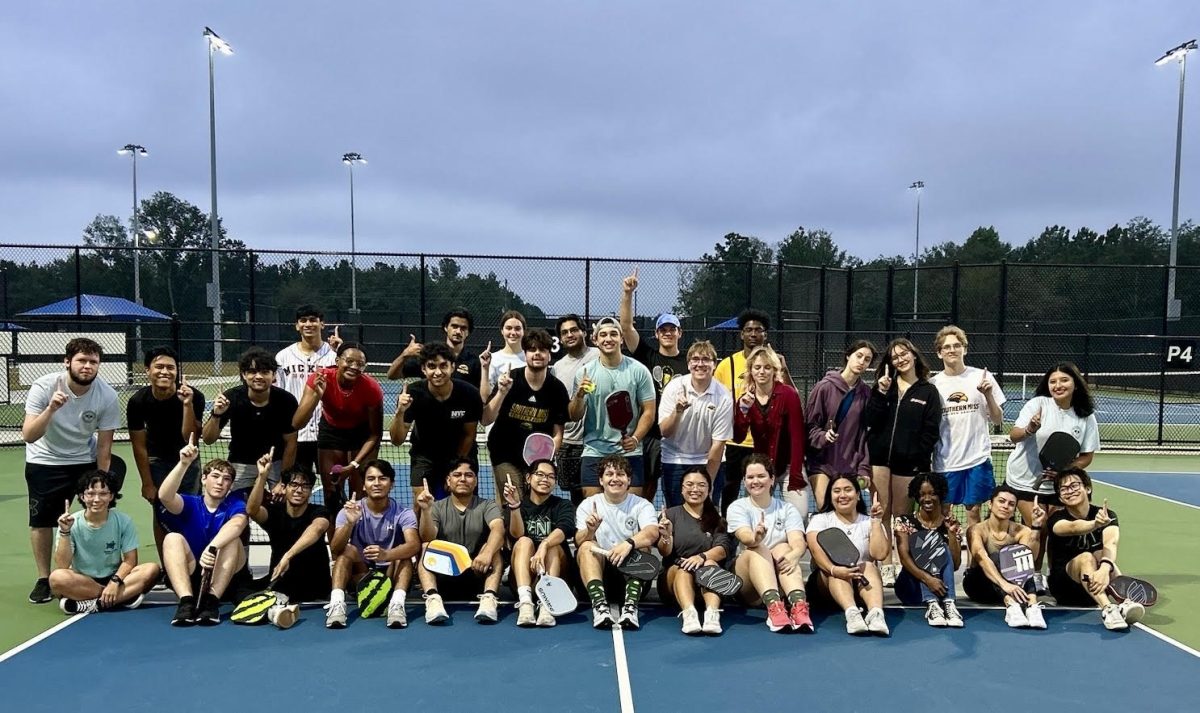On Feb. 18, the Mississippi Institutions of Higher Learning Board of Trustees revised the firearm policy for state colleges and universities.
The revision to policy 1106 redefined “Authorized Persons” to include “those who have in their possession a valid, unexpired state firearms permit with the [instructor-certified] sticker on the back, or the equivalent permit issued a state with a reciprocity agreement in Mississippi.”
With this revision, gun policy on public university campuses will reflect that of Mississippi’s state gun laws. Those with conceal and carry licenses can roam public spaces on campus with firearms. However, the policy came with unspecified circumstances.
For someone to obtain a concealed carry permit, an individual must be 21 years old pay a fee of $132 have lived in the state for 12 months prior to applying, must not be a convicted felon or have committed a violent misdemeanor in the past 3 years and must have no mental disorders. Concealed carry holders are limited to where they can carry firearms, such as schools, police stations, detention centers, courtrooms and any places prohibited by federal law.
Enhanced concealed carry permit holders, to which this new policy revision would apply, have less restrictions to where they can carry firearms. Both permit holders undergo training, classes and extensive background checks.
However, the revision also states that “students and employees are not authorized to possess firearms on institutional property or at institutional off-campus events regardless of the possession of firearm permits.” This creates a double standard in reciprocity to Mississippi state law by not allowing qualified students and teachers to carry concealed weapons. In a state of emergency, how many non- student concealed carrying persons will be available on campus other than the university police?
This would mean persons with a concealed carry permit, who were not student, faculty or employees of a university — potentially people who have no reason to be on campus anyway — could possess a firearm in public spaces on campus. This policy does not efficiently describe public spaces, a reason why people with concealed weapons should be on campus in the first place or how it will impact the safety of students positively.
According to Everytown for Gun Safety’s website, 168 school shootings have occurred since 2013. Interestingly, the website provided information about an incident involving a student on the Southern Miss campus who was a concealed carry permit holder. The student accidentally shot himself in the leg while sitting in his car on campus and sustained minor injuries.
With this incident as an example, concealed carry permit holders can still make mistakes, and though this time the injuries were not life threatening, the next incident could be fatal.Although this policy prohibits students from possessing firearms on campus, it is possible that a concealed carry permit holder of any age could accidentally engage a firearm and potentially harm a student.
According to WDAM, University Police Chief Bob Hopkins said, “It does require people who are going to be allowed to carry on campus to go through a training session, which gives me a little more comfort level that they have the knowledge on how to manage and handle, and also how to protect that weapon in the event they decide they may have to use it.”
This revision remains unclear and seems potentially useless to the safety of students on campus. If the Board of Trustees wants to amend gun policy coherently and constitutionally, the policy should be revised to define “public spaces.” Also, guns could create a hostile learning environment that could potentially distract students from their purpose for attending college — to learn and obtain degrees.
With the amount mass shootings increasing rapidly, the idea of having those with no purpose to be on school campuses with concealed weapons seems ludicrous. If students, faculty members or employees of the universities cannot possess weapons on campus with a concealed carry permit, no one else should be extended that right. The vagueness of this law and specifications constitutionally infringes on the rights of those who attend public universities.




























